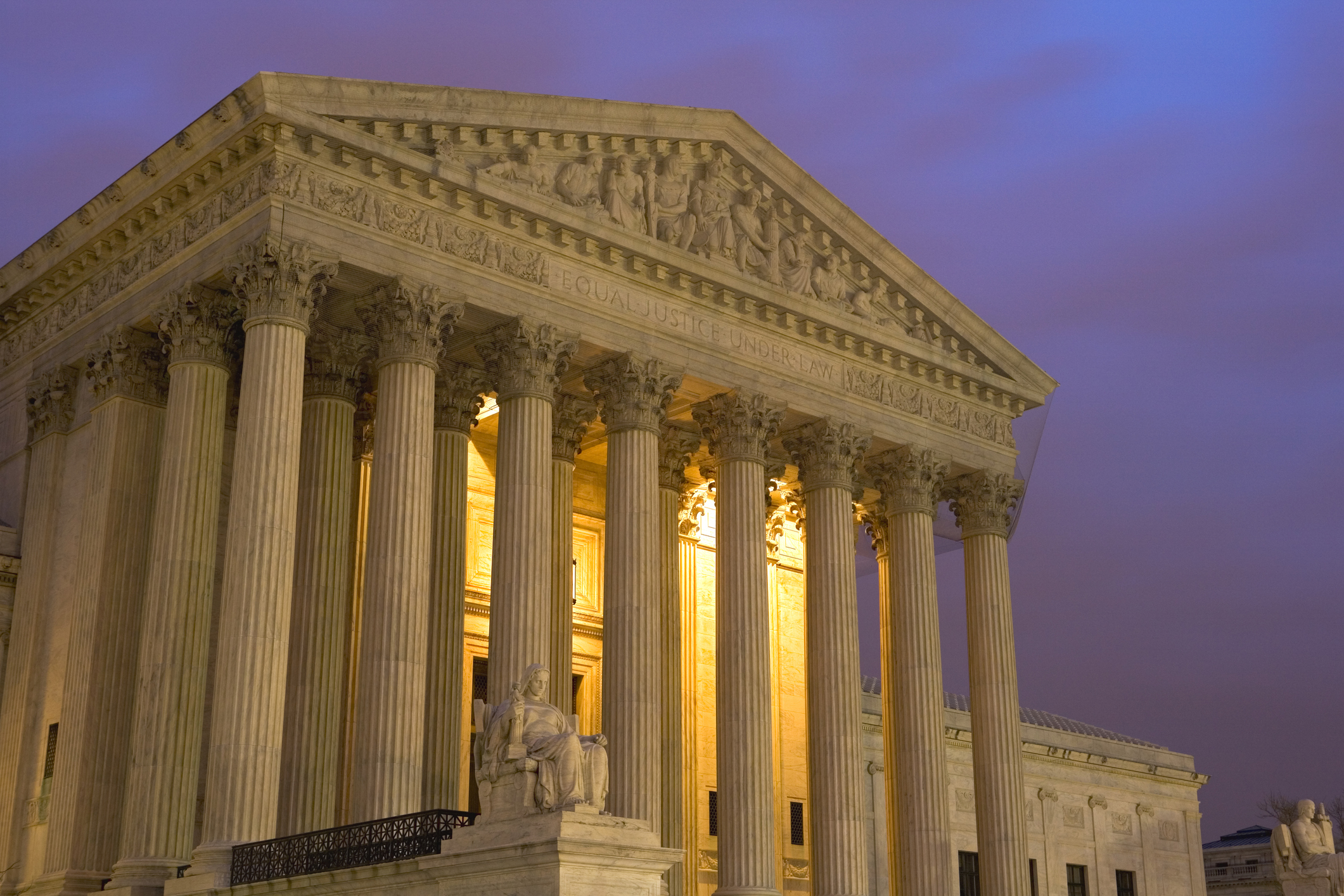The Supreme Court on Wednesday rejected a Republican-led challenge to the Biden administration’s communication with social media companies to combat online misinformation on topics related to COVID-19 and the 2020 election.
The ruling overturns an injunction, which was currently on hold, that would have limited contact between government officials and social media companies.
The Republican attorneys general in Louisiana and Missouri, alongside five social media users, had filed the lawsuit in 2022, alleging that the government had unlawfully coerced social media platforms into removing or downgrading content. The lawsuit stated that the White House attempted to censor information related to COVID-19 and the last presidential election. The lawsuit was looking to get the Supreme Court to impose limits on the way the administration is allowed to communicate with social media platforms.
In a 6-3 vote, the Supreme Court ruled that the plaintiffs had no legal right or standing to sue. The vote overturned a lower court’s decision that stated federal officials had likely violated the First Amendment.
“The plaintiffs, without any concrete link between their injuries and the defendants’ conduct, ask us to conduct a review of the years-long communications between dozens of federal officials, across different agencies, with different social-media platforms, about different topics,” Justice Amy Coney Barrett wrote. “This Court’s standing doctrine prevents us from ‘exercis[ing such] general legal oversight’ of the other branches of Government.”
Barrett wrote that social media companies have targeted false or misleading content for years, noting that Facebook began fact-checking and demoting posts containing misinformation claims about elections.
“While the record reflects that the Government defendants played a role in at least some of the platforms’ moderation choices, the evidence indicates that the platforms had independent incentives to moderate content and often exercised their own judgment,” Barrett wrote.
Justices Samuel Alito, Neil Gorsuch and Clarence Thomas dissented.
In a dissenting opinion, Justice Samuel Alito wrote that the majority “unjustifiably refuses to address this serious threat to the First Amendment.”






























Comment